Category
- dmt pen
- 4 ACO DMT
- 5 MEO DMT
- 5-meo-dmt pen
- best dmt vape pen
- buy dmt pen
- buy dmt vape pen
- buy dmt vape pens
- DMT
- dmt cart
- DMT CARTRIDGE
- dmt cartridges for sale
- dmt carts
- dmt pen cart
- dmt pen cartridge
- dmt pen tiktok
- dmt pens
- dmt pens for sale
- dmt vape australia
- dmt vape pen
- dmt vape pen and cartridges for sale
- dmt vape pen kopen
- dmt vape pen near me
- dmt vape pens
- dmt vape pens for sale
- rt dmt vape pen
Hot Products
-
 Buy dmt vape liquid australia
$160.00
Buy dmt vape liquid australia
$160.00
-
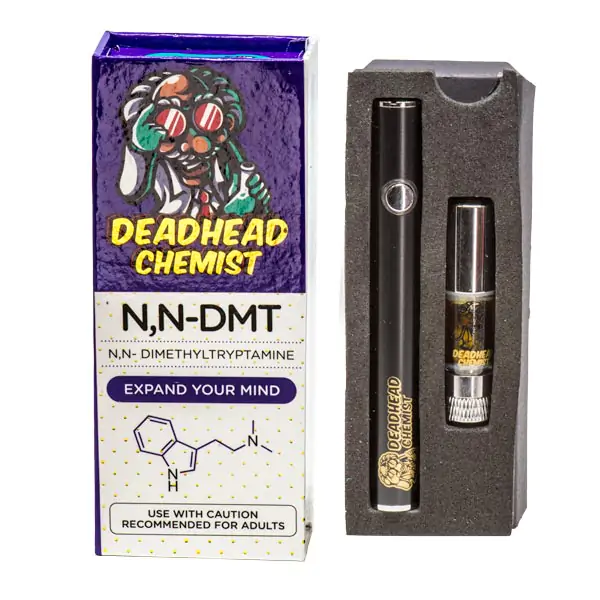 dmt vape pen australia
$160.00
dmt vape pen australia
$160.00
-
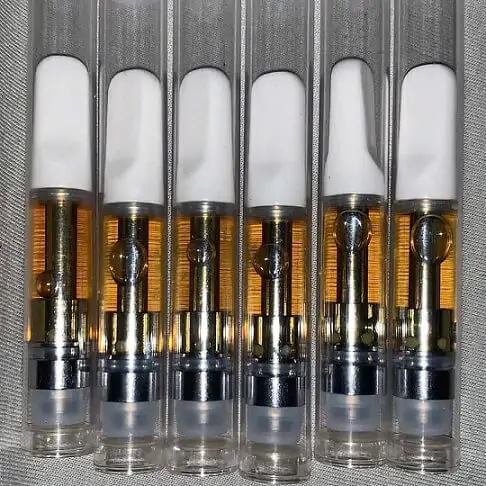 DMT vape pen instagram
$160.00
DMT vape pen instagram
$160.00
-
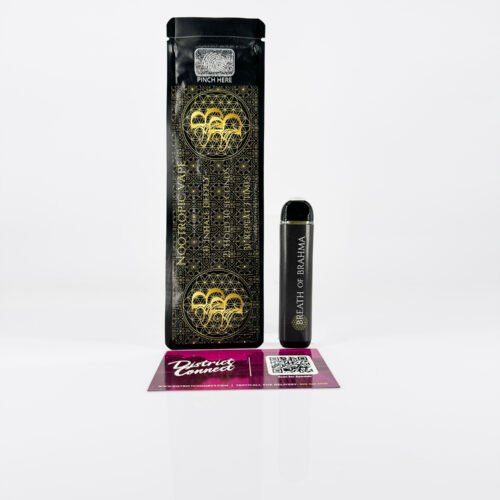 Breath of Brahma DMT Pen
$180.00
Breath of Brahma DMT Pen
$180.00
-
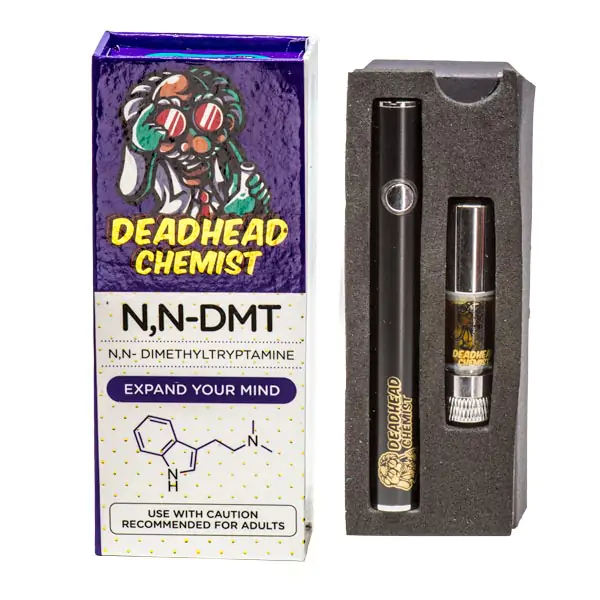 buy dmt vape cartridges online
$160.00
buy dmt vape cartridges online
$160.00
Tag Cloud

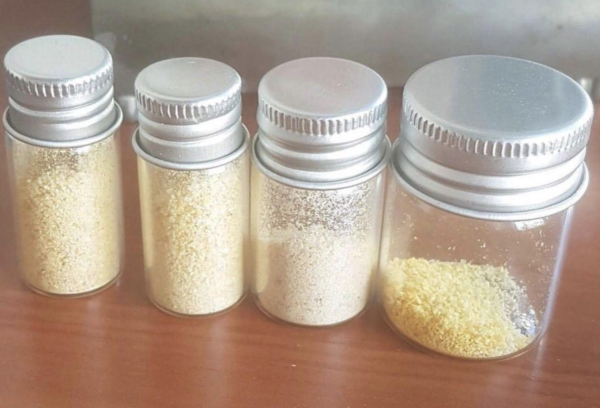
where Can I Get DMT in Massachusetts?
where can i get dmt in massachusetts, DMT (Dimethyltryptamine) is a powerful psychedelic substance that has gained attention for its intense effects on consciousness and perception. Known for its profound and often spiritual experiences, DMT is naturally found in various plants and animals, and it has been used for centuries in traditional shamanic practices. However, its legal status and availability for use in Massachusetts (and the United States in general) can be a complex and confusing issue. This article will provide an overview of DMT’s legal status in Massachusetts, its effects, risks, and other important considerations.
What is DMT?
Dimethyltryptamine (DMT) is a powerful psychedelic compound that is naturally produced in small amounts in the human brain and is found in several plant species, such as Ayahuasca and Mimosa hostilis. It can also be synthesized in a laboratory. When consumed, DMT creates intense, short-lived hallucinogenic effects that can lead to altered perceptions of reality, profound mystical experiences, and even visions of otherworldly realms.
There are two primary ways DMT is consumed:
- Smoked or vaporized DMT – This form is often referred to as “freebase DMT” and produces immediate and intense effects that last between 15-45 minutes.
- Ayahuasca – A brew made from plants containing DMT and an MAOI (monoamine oxidase inhibitor), which allows for longer-lasting effects when consumed orally.
Legal Status of DMT in Massachusetts
As of now, DMT is classified as a Schedule I controlled substance under the Controlled Substances Act in the United States, meaning it is illegal to possess, distribute, or manufacture. This federal designation applies to Massachusetts as well, which means that the possession or use of DMT can result in severe legal consequences.
Key Legal Points:
- Possession of DMT: It is illegal to possess DMT in any form in Massachusetts. Possession of a controlled substance is a serious offense that can result in criminal charges, fines, and imprisonment.
- Manufacturing and Distribution: Producing, selling, or distributing DMT is also prohibited under federal law. Violations can lead to severe penalties, including lengthy prison sentences.
- Ayahuasca and Religious Exemption: In some cases, people involved in religious practices, such as those following the Santo Daime or União do Vegetal (UDV) churches, may be able to use ayahuasca legally under certain conditions. These religious groups have been granted exemptions by the U.S. government for ceremonial use, but these exceptions are narrowly defined and do not extend to recreational use.
What Does This Mean for Massachusetts Residents?
For residents of Massachusetts, this means that obtaining DMT for recreational or personal use is illegal. Law enforcement can impose criminal penalties for possession, including potential jail time, fines, and a permanent criminal record. Additionally, trafficking or selling DMT carries even more severe penalties.
Risks of Using DMT
While DMT has garnered interest for its mind-altering effects, it is important to recognize the risks associated with its use. These include:
- Psychological Effects: The effects of DMT can be overwhelming, leading to intense hallucinations, altered perceptions of time and space, and potential encounters with entities or otherworldly experiences. This can lead to both positive and negative experiences, and there is a risk of psychological distress or harm, especially for individuals with underlying mental health conditions.
- Physical Risks: While DMT itself is not considered physically harmful in the short term, when smoked or vaporized, it can irritate the respiratory system. When consumed as part of an ayahuasca brew, there are potential risks related to the other ingredients, such as nausea, vomiting, and the interaction with certain medications.
- Legal Risks: As mentioned earlier, possessing or distributing DMT is illegal in Massachusetts. If caught, individuals may face criminal charges that can lead to a criminal record, jail time, or significant fines.
- Dependence and Abuse: While DMT is not considered physically addictive, it is still possible for individuals to misuse the substance. Using DMT too frequently can lead to psychological issues, and some users may develop a desire to keep repeating the experience, leading to unhealthy patterns of behavior.
Frequently Asked Questions (FAQs)
1. Is it possible to legally obtain DMT in Massachusetts?
No, DMT is illegal in Massachusetts, as it is classified as a Schedule I controlled substance under federal law. Possessing, distributing, or manufacturing DMT is a criminal offense.
2. Are there any legal exceptions to the DMT law in Massachusetts?
There are limited exceptions for the use of ayahuasca in religious ceremonies. However, these exceptions apply only to specific religious organizations that have been granted special exemptions by the U.S. government. These exemptions do not extend to personal or recreational use.
3. Can I get DMT from the black market in Massachusetts?
While it may be possible to find illegal sources of DMT on the black market, this is highly risky and illegal. Purchasing or possessing DMT through illicit means can lead to severe legal consequences, including arrest and imprisonment.
4. What happens if I’m caught with DMT in Massachusetts?
Possession of DMT in Massachusetts can lead to criminal charges, including fines, probation, or imprisonment. The severity of the consequences depends on the quantity of DMT and any prior criminal history.
5. Can DMT be used for medical purposes?
Currently, DMT is not approved for any medical use in the United States. However, research into the therapeutic uses of psychedelics, including DMT, is ongoing. Some studies have suggested that psychedelics may have therapeutic potential for mental health disorders, but DMT is not yet recognized for such use.
6. How can I learn more about the legal status of DMT in Massachusetts?
For more detailed information, you can consult resources like the Massachusetts General Laws or the U.S. Drug Enforcement Administration (DEA) for updates on drug policies.
Conclusion
While DMT is illegal in Massachusetts and the United States as a whole, there is growing interest in its potential therapeutic uses. For now, however, it remains a controlled substance with serious legal and health risks associated with its use. Residents of Massachusetts should be cautious when considering the use or possession of DMT and always stay informed about the latest laws and regulations. If you’re curious about psychedelics for therapeutic purposes, it’s advisable to explore legal options like clinical trials or research studies under professional guidance.
Helpful Resources:
For more information on the legal status of DMT, you may also want to consult a legal expert or local attorney who specializes in drug law.
Written by dmtvapepen@gmail.com

buy dmt vape pen and cartridges online, or DMT, is a powerful psychedelic compound found naturally in several plants and animals. Known for its intense and short-lived effects, DMT has gained popularity among those seeking profound, mystical experiences.
Best offers
Join Risk Free
30 days refund
100% Safe
Secure Shopping
24x7 Support
Online 24 hours
Best Offers
Grab Now
Free Shiping
On all order over
Testimonials

Sabina
Vivamus arcu felis bibendum ut tristique et egestas. Eu sem integer vitae justo eget magna fermentum

Ricky
Vivamus arcu felis bibendum ut tristique et egestas. Eu sem integer vitae justo eget magna fermentum
Latest News




Leave a Reply